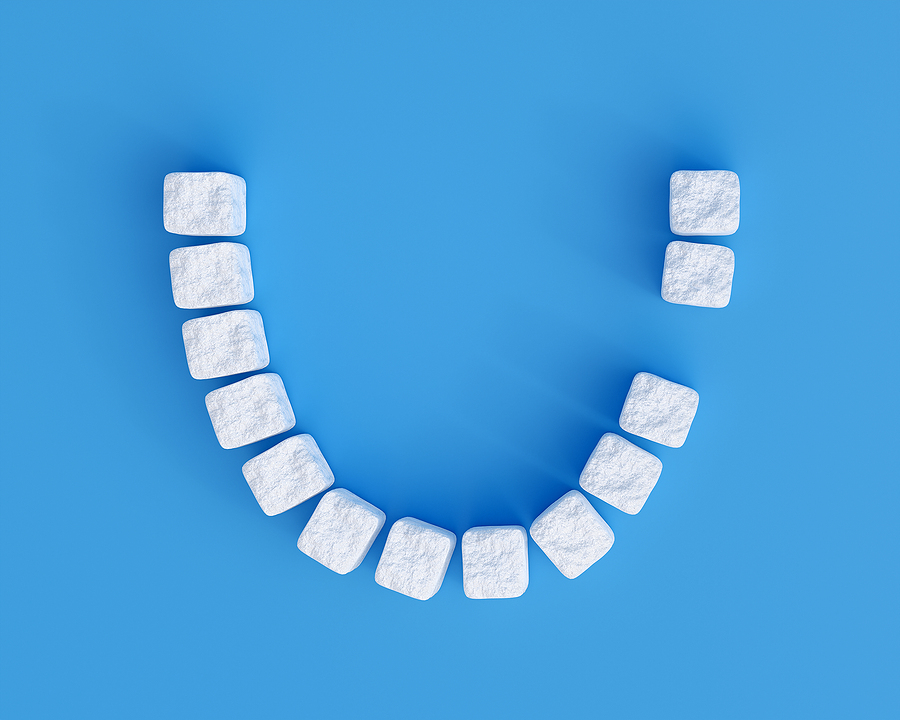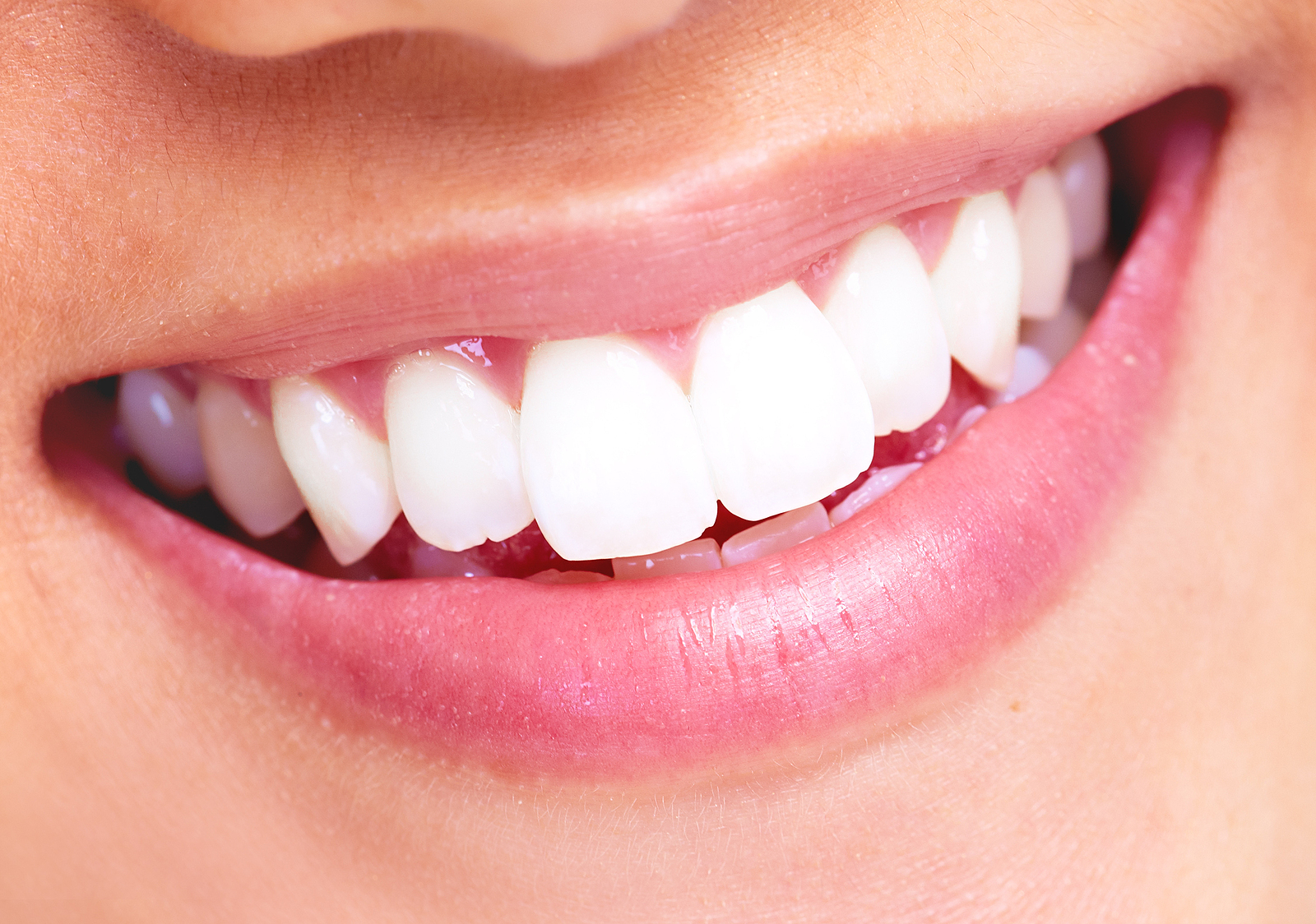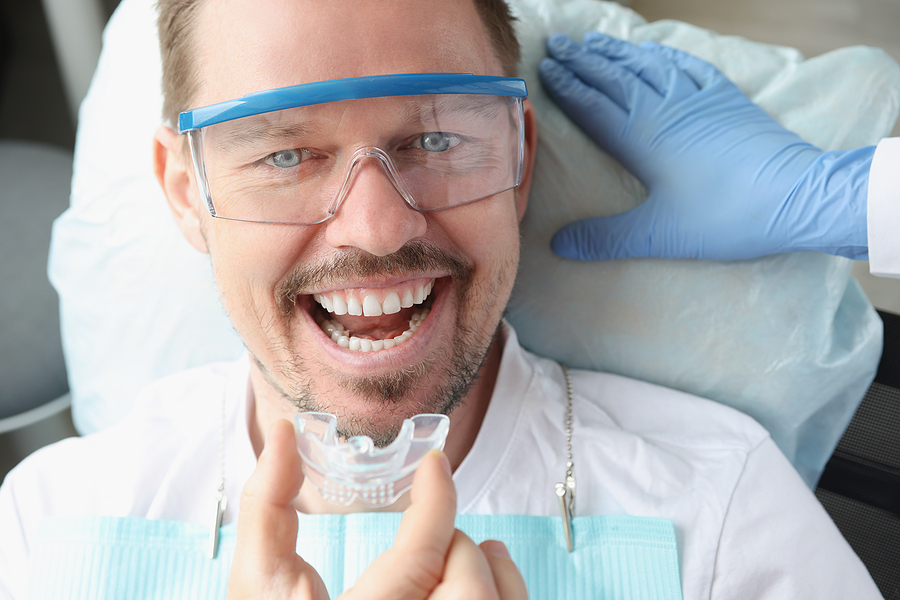How Do I Get Rid Of Bad Breath?
Posted by Paige Lester on Apr 5 2023, 09:18 PM
Bad breath is typically caused by poor oral hygiene and infrequent dental care. Brushing and flossing regularly, using an antiseptic mouthwash, and scheduling regular dental visits are the best ways to prevent bad breath.
Brush your teeth after you eat
After eating a meal, food particles remain in your mouth. When these particles mix with bacteria, they form plaque – a sticky substance that clings to teeth and can contribute to tooth decay and bad breath. For this reason, it's important to brush your teeth after eating. You can brush immediately after your meal or wait about 30 minutes to give your body a chance to digest the food.
Many patients find that brushing their teeth with an electric toothbrush is the most effective way to remove plaque and food particles after meals. Additionally, an ultrasonic electric toothbrush can be much more effective than a traditional manual toothbrush at removing plaque and reducing gingivitis symptoms. Talk to your dentist today to find out which toothbrush is right for your individual needs.
Floss at least once a day
Tooth decay and gum disease are the most common reasons people experience bad breath. If you have either of these issues, it's important to maintain an effective oral hygiene routine that also includes flossing. It is important to floss at least once every day to eliminate food particles and plaque from between the teeth.
After you brush and floss in the morning, be sure to clean your tongue as well. Tongue bacteria can contribute to bad breath. You can also use a tongue scraper to clean your tongue more effectively. It can help to stimulate your saliva glands to produce more moisture, which could potentially decrease your risk of cavities.
Brush your tongue
Tongue brushing is just as important as tooth brushing for a variety of reasons. First, the tongue can harbor bacteria that can cause bad breath. Second, food particles can attract bacteria and cause plaque buildup and tooth decay. Lastly, studies have shown that tongue cleaning can help reduce the amount of plaque-causing bacteria in the mouth.
Clean dentures or dental appliances
Dentures are removable replacements for missing teeth that can be taken out and put back into your mouth as needed. Dental appliances can be used to help with sleep apnea and snoring by repositioning the jaw or tongue. Cleaning these items is extremely important to maintaining good oral health. Be sure to clean dentures and dental appliances before you put them in your mouth to avoid bacteria buildup. We recommend cleaning your dentures with denture cleaner and a soft-bristled toothbrush at least once per day. Use a denture brush and water to remove debris from your appliances. After brushing, rinse with water, pat dry with a soft towel, and insert into mouth. Rinse dentures after every meal to remove any food and plaque.
Avoid dry mouth
A dry mouth can be caused by certain medications and health problems such as diabetes, Sjogren's syndrome, Parkinson's Disease, and cancer. A dry mouth can also be caused by lifestyle habits such as smoking tobacco and drinking alcohol. Drinking beverages that are high in acid content, like coffee, red wine, and soda, can also cause the enamel of teeth to wear down over time.
Lifestyle changes can help combat the effects of dry mouth! It is important to stay hydrated by drinking lots of water throughout the day. In addition, chewing sugar-free gum can help stimulate saliva production and keep your mouth moist. Certain mouthwashes can also help decrease the effects of dry mouth when used properly, but consult with your doctor first.
Adjust your diet
If you are consistently suffering from bad breath, it may be caused by diet. Try to avoid eating foods that contain a lot of garlic, onions, and coffee, all of which can contribute to unpleasant breath odor. Also, try to avoid drinking carbonated beverages like soda pop because they can lead to excessive plaque buildup in your mouth, causing tooth decay as well as bad breath! Your mouth is very sensitive to bad odors, so avoid foods that have strong smells, such as fish and cheese. If brushing your teeth after every meal is not an option for you, drink plenty of water throughout the day to help rinse out your mouth. When you drink water, it helps to wash away the particles of food that are stuck in between your teeth which can cause bacteria to grow and lead to bad breath. Water also helps to promote saliva production, which helps to fight cavities and stop bad breath.
Please get in touch with us through online consultation or by calling us at (205) 875-4650, and we'll guide you further.



